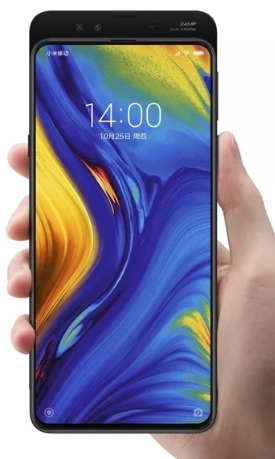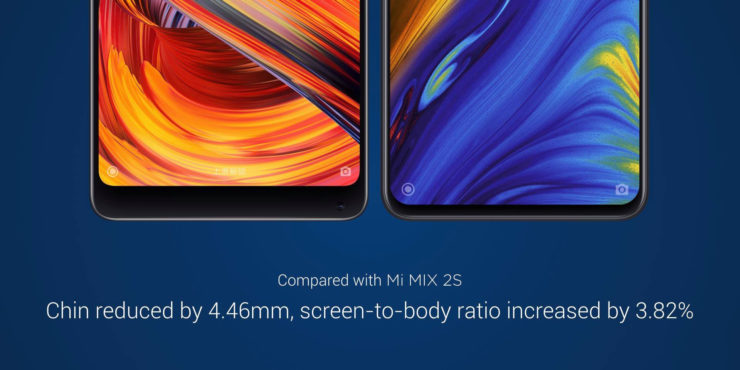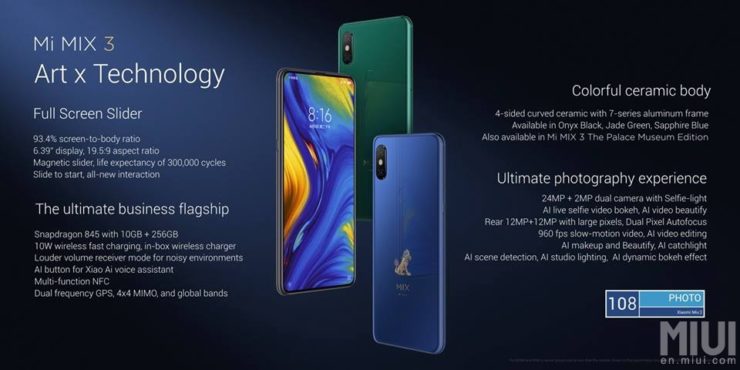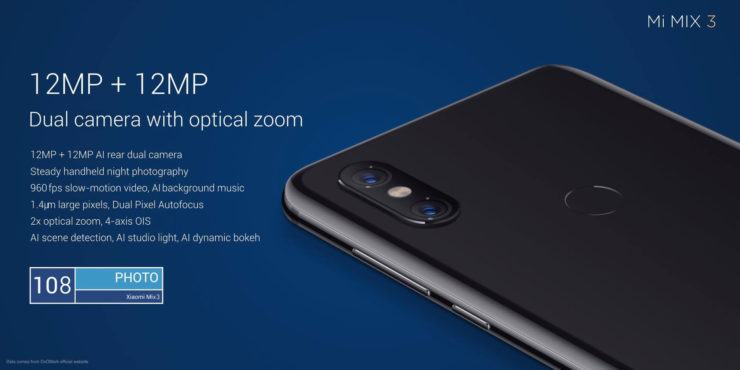When Sharp and the Essential phone pioneered the waterdrop notch, nobody paid attention as they were, well, niche devices. When Apple notch-ified its whole lineup to fit the TrueDepth camera kit at the front and still brag with huge screen diagonals, most Chinese phone makers paid attention and started issuing one notch-y phone after another. Not Xiaomi, though, as it held out on the top bezel protrusion for its flagship devices, leaving it for phones like the A2 Lite, for instance.
Moreover, the "dewdrop" front design certainly contributes to the whopping 88% screen-to-body ratio of the Mate 20, for instance. Such an approach to the venerable "all-screen" design is all the rage these days and has proven successful to leave a bezel-less impression in the user, but there is another budding trend here.
We aren't talking about eventual exotics like a hole for the front camera directly in the display, or a second screen on the back to use the rear shooter as selfie-taker, but rather about the return of the good ol' sliding design. Oppo has one on the Find X, Vivo started it all with the NEX, but Xiaomi went all-out with the just-announced Mi Mix 3 and showed everybody what a true "all-screen" phone actually means.

Xiaomi Mi Mix 3 Design
With the Mi Mix 3 teasers, Xiaomi hinted at a screen-to-body ratio way above the 90% mark, achieved by separating the screen part from all the other paraphernalia that usually goes into the top bezel, and it delivers. The screen half slides back and forth with a satisfying click to reveal a dual front camera when you need it, but when it is shut, the phone is indeed 93.4% "all-screen" at the front.
The sliding mechanism is magnetic, so there are much fewer things to break or wear out, and it has been tested more than 300,000 times to gauge its endurance. Not only can you assign five different sounds to the sliding motion, but also different actions to be executed when you push the screen down, like answering a phone call, or starting an app, cool!
Granted, the slider approach, while seemingly the Holy Grail of bezel-trimming, comes with its own set of issues. Finding a case for such phone would be a challenge that could entail some protection compromises, but Xiaomi does include one in the box, so you are covered in that regard.
The frame is built out of 7000-series aluminum alloy with tapered ceramic back and the phone and the Mi Mix 3 comes in three enticing colors - a sweet Jade Green, Sapphire Blue, Onyx Black, and a "Forbidden City Palace Museum" special edition that comes with 10GB RAM, and is the most expensive in the bunch.



Source:phonearena